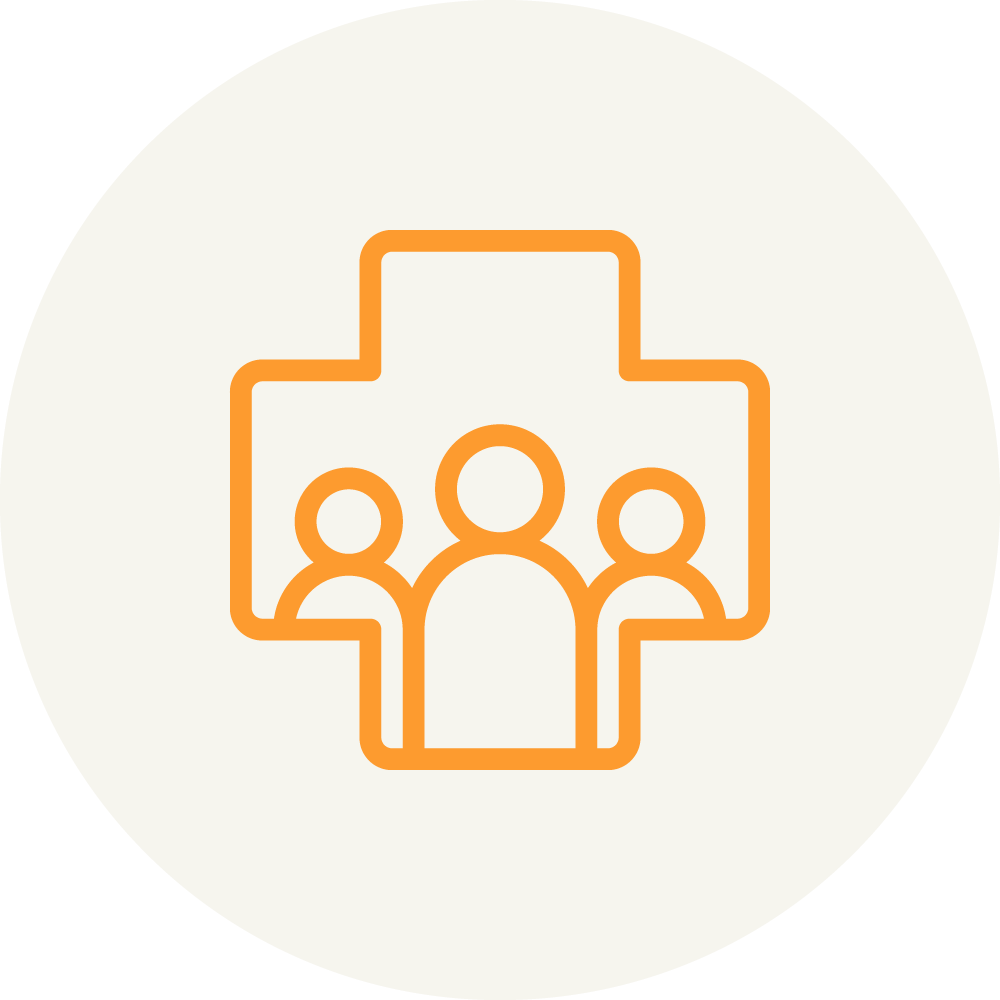Treatment methods often consist of screening tools that help provide context to your experience and provide a base measurement. Other assessments may be utilized to gauge progress and become sources of discussion during your therapy session. Of importance, all tools and techniques have a purpose and are evidence-based.
Often, we develop thought patterns from past experiences that are not useful and hinder our growth and goals over time. CBT aims to identify and examine these thoughts and how they protect us but ultimately hold us back from becoming the person we want to be. In this, we collaborate on the goal and why our thoughts, emotions, and behaviors currently impact this journey.
As a therapist, I have worked with various clients to facilitate this process. Although every person has unique experiences and challenges, with trust and safety within the therapeutic process, they can move towards becoming their ideal self.

Trauma and PTSD is a response to a horrific experience. The goal of treating individuals with trauma and PTSD is first to create a space of safety and acceptance. Healing takes time, and the purpose is to allow our sessions to process your experience and explore outcomes related to these experiences that are holding you back. As a military veteran, I have experienced firsthand how trauma events impact my fellow service members, and it was with these experiences that I sought training on how to work with individuals experiencing trauma. I have worked with various populations, but most with individuals with severe mental illness. In our experience working together, I hope you heal and grow so that you no longer remain held back from attaining your self-actualization.

Addiction can be challenging on many levels. Many people in your life may not understand and often may shame you for your inability to stop. With this in mind, we strive to understand addiction together through psychoeducation. We learn how your addiction serves a purpose while understanding the underlying drive behind this purpose. We learn skills and develop a plan for success. Addiction can be a lifelong problem, but with proper relapse prevention strategies in place and your acceptance and commitment to change, you can live a fulfilled life.
When dealing with new ways to think, feel, and behave, it is important to replace unhealthy coping skills and responses to situations with more adaptive ones to move towards an established goal. I find that, when developing coping skills, they must align with the goals and values the client identifies so that they become easier to implement and sustain.
Developing these coping skills is a major part of the therapeutic process, and we will spend much time exploring what was effective and ineffective to ensure we are moving in the direction you want.